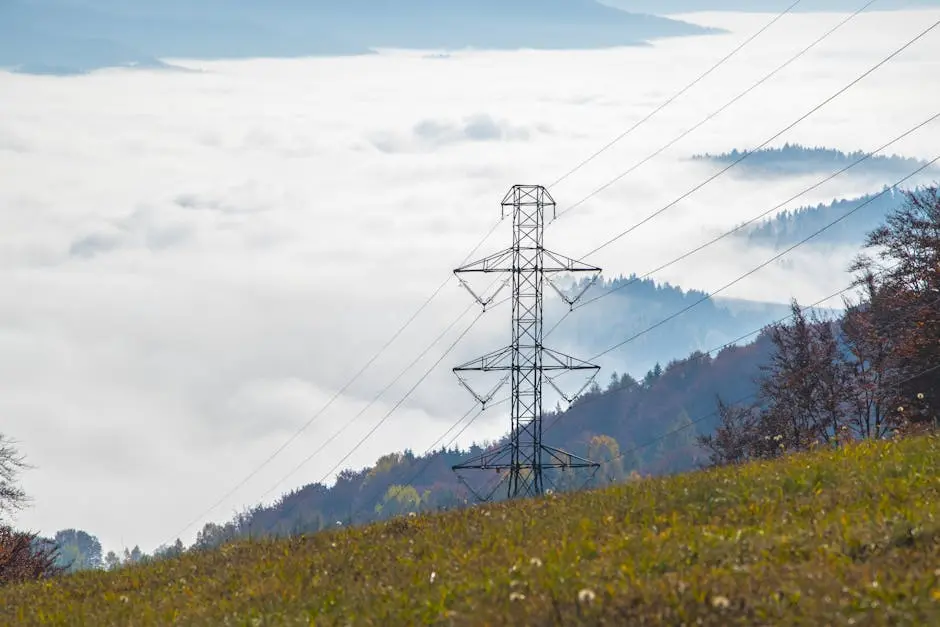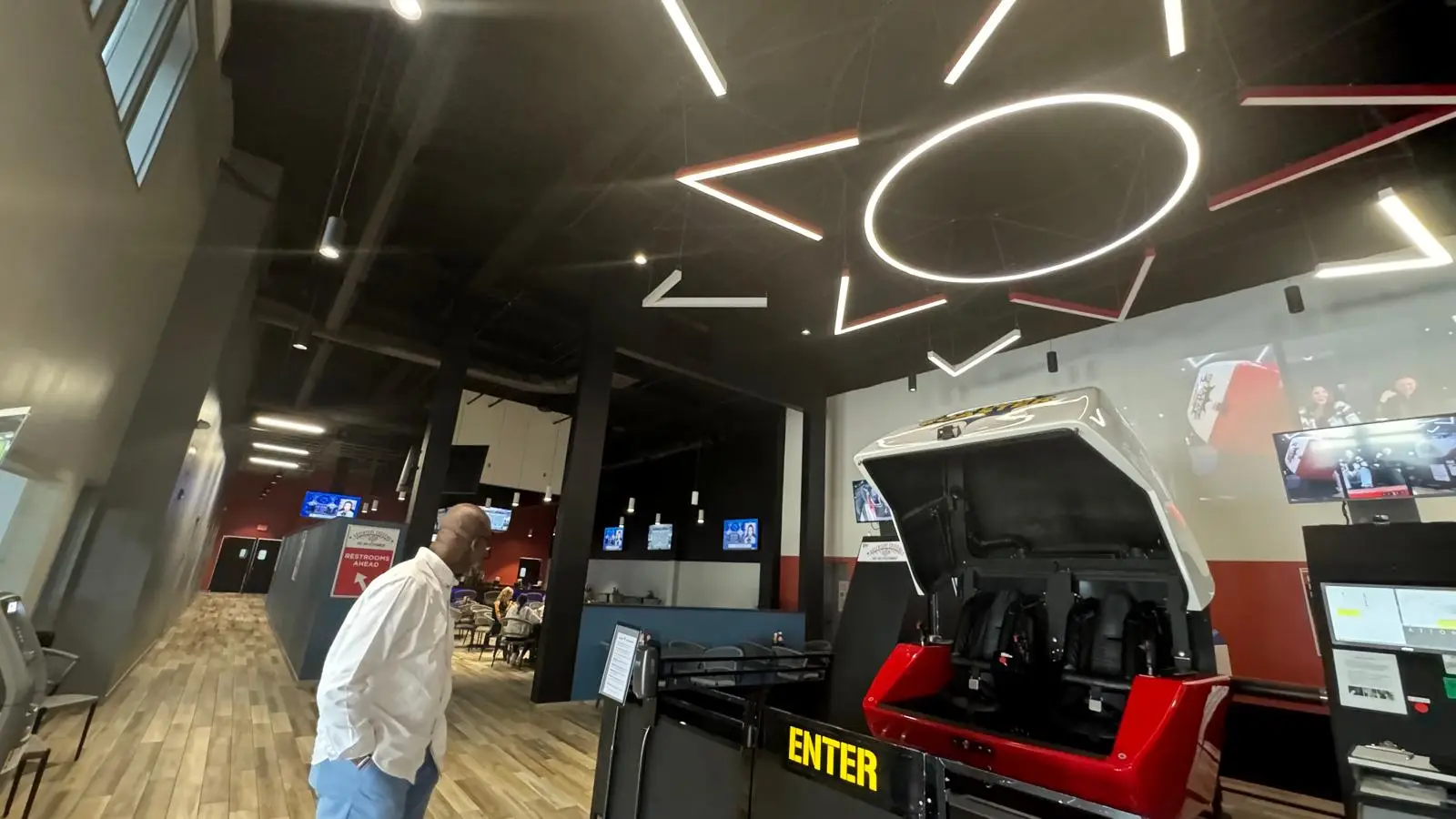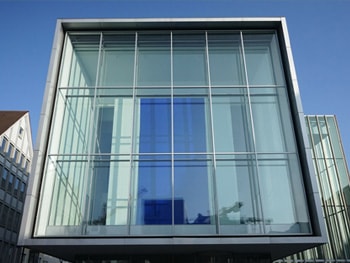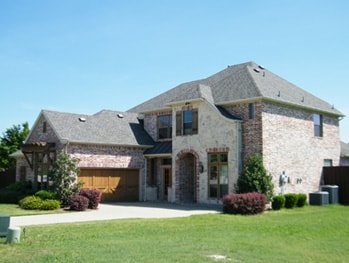What Types of Green Energy Solutions Are Available for Commercial Buildings?
As commercial buildings strive to become more environmentally friendly, the demand for green energy solutions continues to grow. Understanding the various options available can help businesses reduce their carbon footprint, save on energy costs, and contribute to a sustainable future. In this guide, we’ll explore some of the top green energy solutions tailored specifically for commercial spaces.
Solar Energy Systems
Solar panels provide a clean and renewable source of energy, significantly reducing reliance on fossil fuels.
The installation of solar energy systems can dramatically lower electric bills. By generating their own electricity, businesses can offset a substantial amount of their energy costs.
Beyond cost savings, solar panels also add value to a property. Many potential tenants or buyers are increasingly looking for energy-efficient buildings with a lower ecological impact.
Additionally, solar energy systems often come with government incentives. These can include tax credits and rebates, making the initial investment more affordable for commercial building owners.
With advancements in solar technology, there are various types of solar panels available, including rooftop and ground-mounted systems. This flexibility allows commercial buildings to choose the best option based on their available space.
Wind Energy Solutions
Wind turbines can harness the power of winds to generate electricity, especially in areas with consistent wind patterns.
Small-scale wind turbines are becoming a popular option for businesses. These can be installed on rooftops or nearby properties and provide a significant portion of a building’s energy needs.
In addition to being a renewable energy source, wind energy can substantially reduce a company’s operating costs over time. Even moderate wind speeds can yield impressive returns.
Wind energy has a low environmental impact and generates no greenhouse gas emissions during electricity production. By integrating wind solutions, companies can actively contribute to a cleaner planet.
Notably, most wind energy solutions require a location analysis to determine site suitability, but the long-term fiscal and ecological benefits often outweigh the initial challenges.
Energy Efficiency Upgrades
Implementing energy-efficient technologies, such as LED lighting and smart HVAC systems, can drastically lower energy consumption.
Energy audits are a great first step for businesses looking to enhance their efficiency. By identifying problem areas, companies can prioritize upgrades that will yield the best returns on investment.
Many businesses underestimate the savings that come from even minor upgrades. For instance, converting to LED lighting not only reduces energy usage, but also minimizes maintenance costs.
Smart systems go beyond just efficiency. They enable businesses to monitor energy usage in real-time, allowing for quick adjustments that can lead to further savings.
By committing to energy-efficient upgrades, commercial buildings not only reduce operational costs, but they also cultivate a positive brand image that appeals to eco-conscious consumers.
Geothermal Heating and Cooling
Geothermal systems utilize the Earth’s stable underground temperature to provide an efficient heating and cooling solution.
This method is particularly effective in regions with extreme temperatures, as geothermal systems offer consistent comfort levels throughout the year.
The installation of geothermal systems can be more costly upfront compared to conventional HVAC systems, but the long-term energy savings and reduced maintenance requirements balance the overall investment.
Moreover, geothermal energy systems can qualify for various incentives, helping to offset initial costs and expedite transition for commercial entities.
As the technology progresses, geothermal systems are becoming more accessible, allowing more businesses to take advantage of this sustainable heating and cooling approach.
Biomass Energy Solutions
Biomass energy involves using organic materials to generate heat and power, making it a viable green alternative for energy.
This form of energy can use a wide range of materials, including agricultural residues, wood, and dedicated energy crops. This diversity provides flexibility for businesses in choosing fuel sources.
By implementing biomass energy solutions, companies can significantly reduce their waste. Converting organic waste into energy not only provides power but also minimizes landfill contributions.
Additionally, businesses that utilize biomass energy can often qualify for grants and subsidies designed to promote renewable energy solutions.
Overall, biomass energy is a sustainable choice that contributes to a circular economy, effectively using waste to create valuable resources.
Conclusion
In conclusion, adopting green energy solutions in commercial buildings not only promotes environmental sustainability but can also lead to significant operational savings. By exploring these various options, businesses can make informed decisions that align with their sustainability goals.

 Previous Post
Previous Post Next Post
Next Post




